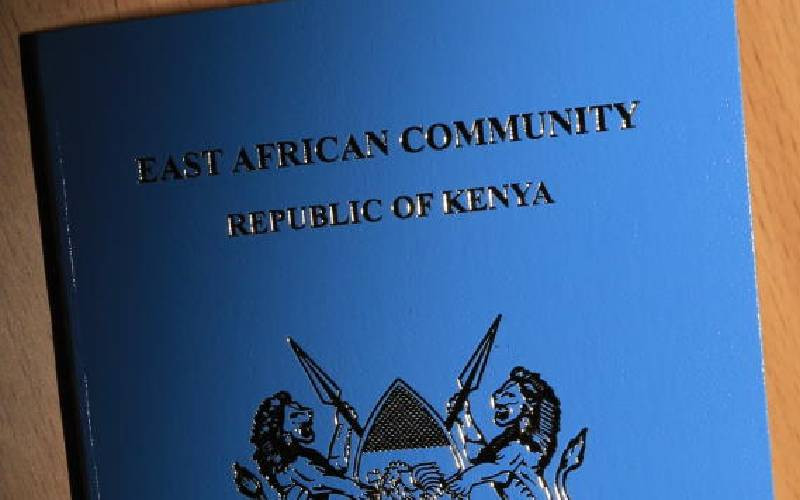×
The Standard e-Paper
Smart Minds Choose Us

Kenyans, who will not have received the newlook passports by Thursday next week, will be barred from travelling into or out of the country.[Beverlyne Musili, Standard]
Top officials in the Directorate of Immigration Services and ministry of Foreign Affairs remained mum yesterday over the fate of millions of Kenyans yet to obtain the new generation passport due to State-acknowledged hitches even as the deadline lapsed.